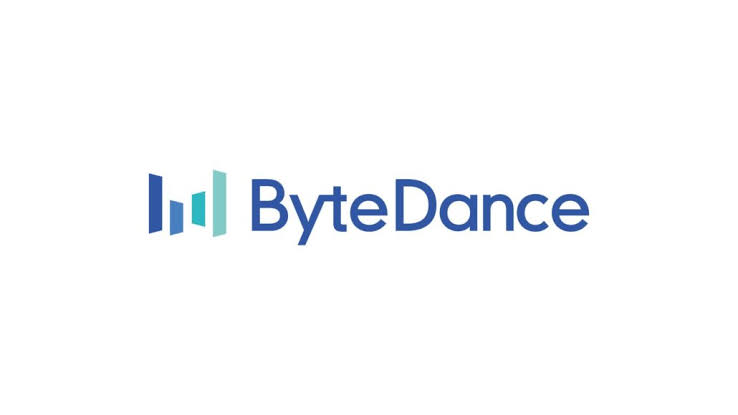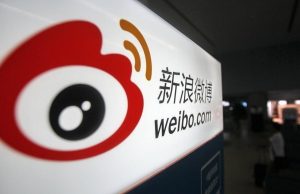Bytedance, creator of viral short video apps Douyin and TikTok as well as news aggregation app Toutiao, is continuing to take ad revenue share from China’s top tech firms Baidu, Alibaba, and Tencent, according to a report from Chinese social media agency Totem Media.
Why it matters: Chinese tech giants hold a significant chunk of online traffic in China as well as its marketing landscape, which has become increasingly digital in recent years, particularly social media. The shift in user attention to short videos is reflected in the migration of ad budgets from brands, a major source of revenue for tech firms.
- Digital ad spending in China is expected to rise 22% year on year in 2019 to $79.82 billion and continue to expand at a double digit growth rate until 2022, according to data from eMarketer.
- China is overwhelmingly biased toward digital ad spending. Depending on the source and structure of calculations, eMarketer estimates digital represents 60% to 70% of all advertising spend in China, as of 2019 to 2020. The global average was around 50% in 2019.
(Image credit: TechNode/Eliza Gkritsi)
Details: Baidu, Alibaba, Tencent, and Bytedance (BATB) are among China’s most valuable tech companies and account for a combined 86% of all digital advertising revenue in the country, according to Totem Media.
- The wide range of assets means that BATB’s dominance in China’s online marketing industry to continue for some time. “There is [no] next big player looming on the horizon to unseat these big four players,” the report said.
- Alibaba, with its dominance in e-commerce in China, remains a clear leader in overall share of advertising spend for China, but its hold continues to narrow.
- Bytedance has seen phenomenal growth with its share of ad spend nearly doubling from 2018 to 2019 (estimated) after more than doubling from 2017 to 2018. It is taking share from all of its BATB peers.
- Alibaba and Tencent are targeting e-commerce revenues as the primary long-term goal. By contrast, Bytedance is much more focused on ad revenue and holding audience interest with entertainment, news, and content.
- Tencent’s ubiquitous messaging app, WeChat, may be hitting a ceiling as some data show a decline in user base and user time spent statistics. Official brand accounts are making little headway in gaining users and attention, cannibalized by WeChat’s own mini app offerings and short video platforms.
- Concentrated traffic is pushing costs up. Brands looking to reduce costs and improve audience targeting are increasingly “defecting” to smaller, more niche, vertical channels such as entertainment platform Bilibili and audio streaming platform Ximalaya FM. This dynamic opens up opportunities for services on these platforms.
Context: Tech giants like Tencent and Alibaba have been launching new products and features in an effort to fend off competition from Bytedance.
- ByteDance has overtaken search giant Baidu to hold the second-largest share of China’s digital ad market during the first half of 2019, according to CNBC.
- Tencent invested $1.5 billion to Douyin rival Kuaishou in August 2019.
- Tencent’s low-profile CEO and chairman, Pony Ma, was involved in a spat with Bytedance founder Zhang Yiming in 2018 after Zhang posted news that Douyin topped the most-downloaded chat app rankings.
– This article originally appeared on TechNode.






